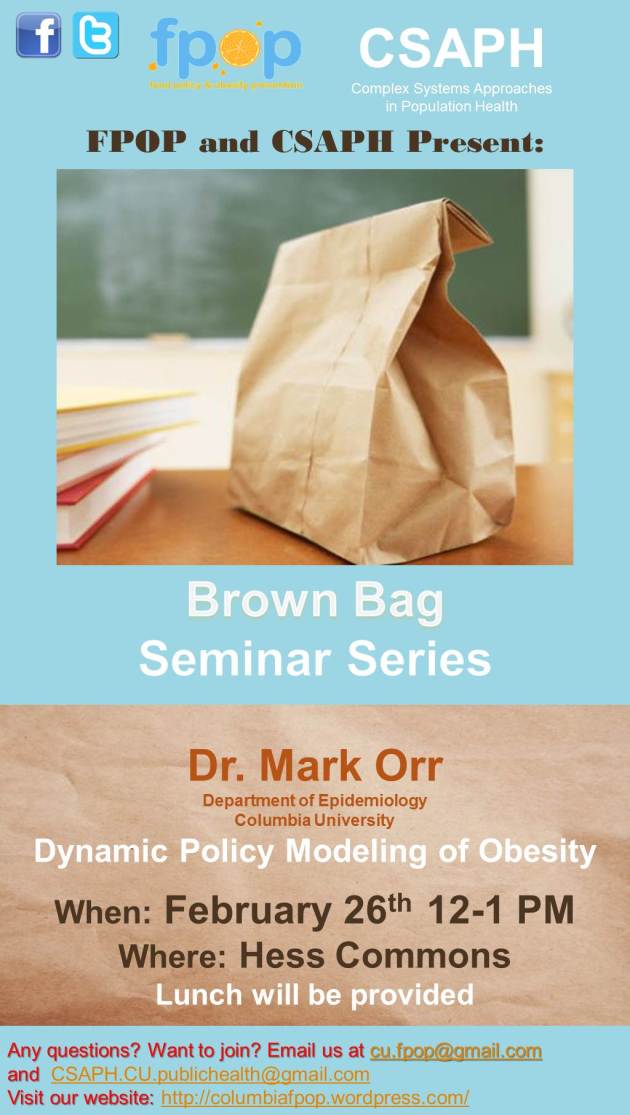‘Tis the Marketing Season
In the month between Thanksgiving and New Year’s, most Americans adhere to the motto: ‘Tis the season to eat and drink. But the next time you find yourself paying for yet another seasonal latte with your limited graduate student funds, ask yourself: “Why am I buying this?”
You may be surprised by the answer.
Despite what the best diet gurus lead us to believe, we don’t always crave food for emotional or physical reasons. Sometimes we eat and drink not because we need or even want to, but because we were prompted by marketing. Marketers are smart professionals with a knack for making us want and buy what we don’t need — especially when it comes to food.
As a communications professional, I thought I had marketing figured out. I could not have been more wrong. When I began working for the Rudd Center for Food Policy & Obesity, I was blown away by what I learned. If you, like so many other Americans, think marketing ends at advertisements on billboards, radio, and TV, you have but scratched the surface of the tactics used to earn your expendable income.
Marketing has grown to encompass pouring rights, sponsorships, mobile apps, adver-games, product placements in video games and TV shows, and even branded classroom materials billed as educational curriculum. In short, there are very few moments in the day when you are not reached by marketing.
So why the big fuss? It turns out marketing works. Really well. Individuals who are exposed to marketing consume more, both of advertised and non-advertised foods, and a well-placed point-of-purchase promotion can lead us to impulsively buy foods and drinks.
Most everything is fine in moderation, but as the effects of marketing accumulate over time, so do the strains on our waistline and wallets. Maybe this holiday season, with a bit of media savvy, we can appreciate the Coca-Cola 12-pack Christmas tree display at the grocery store for what it is: a genius marketing move to which we no longer fall prey. Now that would be cause for celebration.
~Lindsey Wahlstrom
Lindsey Wahlstrom is currently a 2nd year epidemiology student at Columbia University. She did her practicum at the Yale Rudd Center for Food Policy & Obesity, and was recognized for having one of the top Epidemiology abstracts on practicum day. A thanks to Lindsey for her contribution on the FPOP blog!




